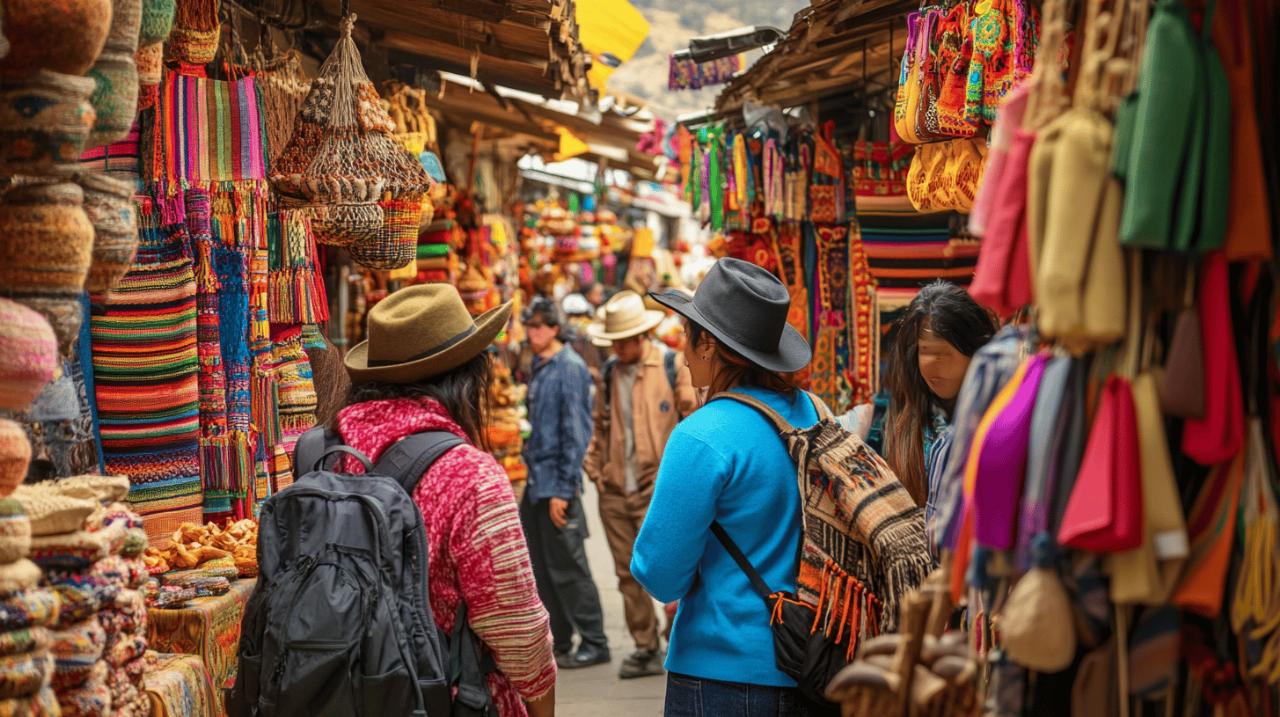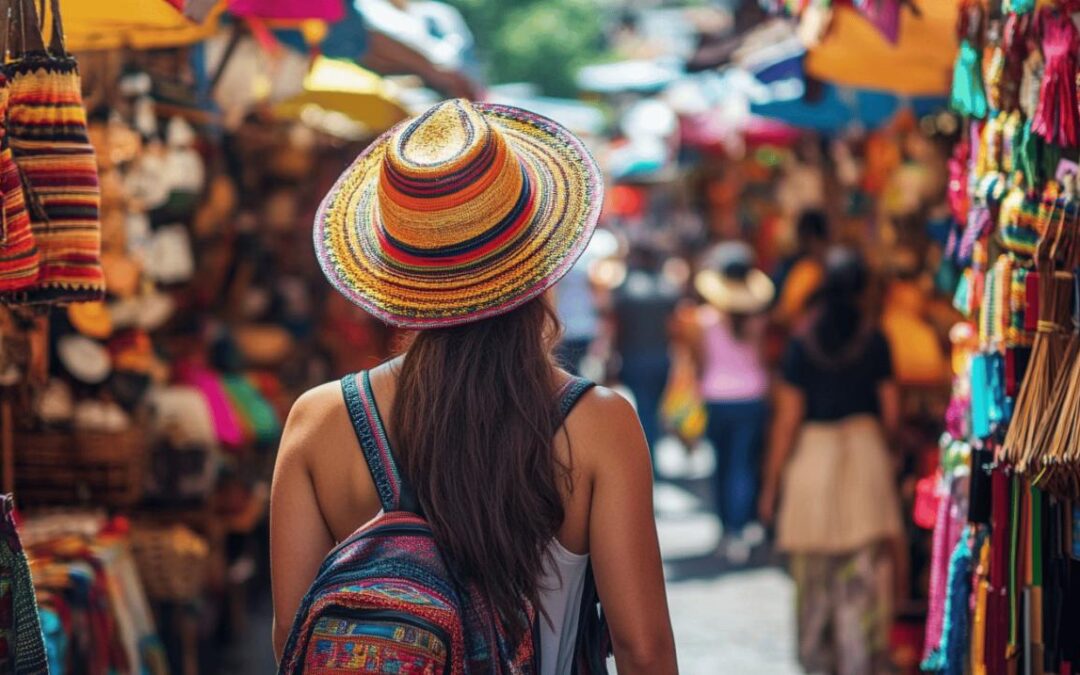Immersive cultural experiences in off-beat locales
Cultural tours offer travellers the opportunity to delve deeply into the authentic traditions and lifestyles of destinations around the world. Whether you’re seeking adventure in Vietnam or a serene experience along the Amalfi Coast, today’s travel companies specialise in creating meaningful encounters that go beyond typical tourist experiences. At Cuba Travelling, we understand that cultural immersion involves experiencing local traditions, cuisines, and heritage in a respectful and engaging manner. With options ranging from small group tours averaging just 11 people to tailor-made luxury experiences, there are numerous ways to connect with communities across six continents.
Local traditions and rituals worth witnessing
The world offers an astonishing array of cultural practices that have been recognised for their significance. UNESCO has identified 584 Intangible Cultural Heritage elements across 131 countries, with 29 new elements added as recently as 2020. In Japan, travellers can participate in artistic tours and spiritual experiences, staying in traditional onsen towns that perfectly balance modern cities with ancient shrines. Kenya integrates Maasai culture into safari experiences, offering stays in eco-luxury lodges alongside opportunities to explore coastal villages rich in Swahili heritage. New Zealand showcases Maori traditions with visits to significant sites like the Waitangi Treaty Grounds, emphasising the deep connection between cultural heritage and environmental respect.
Hands-on cultural workshops and activities
The most memorable cultural tours often involve active participation rather than passive observation. In Sri Lanka, cookery lessons provide insight into the island’s complex culinary traditions, while India offers sensory experiences that encompass festivals, architecture, and diverse regional cuisines. South Africa, often described as the Rainbow Nation, presents a vibrant mix of traditions, histories, and languages, with opportunities for cultural experiences in the Eastern Cape and KwaZulu-Natal. Argentina entices visitors with tango lessons in Buenos Aires, exposure to indigenous Andean traditions in Salta and Jujuy, and experiences of gaucho culture in Las Pampas. These hands-on activities create lasting connections and deeper understanding of local ways of life.
Hidden gems: cultural destinations beyond the tourist trail
While iconic destinations certainly have their place, experienced travellers often seek less crowded alternatives that offer authentic cultural exchanges. Companies specialising in cultural tourism now focus on destinations like Uzbekistan with its historic Silk Road cities, offering glimpses into traditions that have remained relatively unchanged for centuries. With small group tours typically limited to 18 people or fewer, these experiences provide intimate access to communities and sites that mass tourism might otherwise overwhelm. Classic Discovery tours emphasise cultural immersion with groups averaging just 11 people, creating space for meaningful interactions with local residents.
Lesser-known heritage sites and their significance
Beyond famous landmarks lie countless cultural treasures awaiting discovery. In Morocco, travellers can explore not just Marrakech but also coastal towns like Imsouane, known for its surfing culture that blends traditional Moroccan hospitality with a laid-back beach atmosphere. Italy offers more than Rome and Venice; the distinctive heritage of Sicily provides insights into the island’s unique position at the crossroads of numerous Mediterranean civilisations. Discerning travellers might consider destinations like Tunisia, where affordable luxury accommodations such as the Hotel Sangho Syphax Sfax offer comfort while exploring the country’s rich Phoenician, Roman, and Islamic heritage sites. These lesser-visited locations often provide more authentic cultural experiences away from overcrowded tourist hotspots.
Authentic cultural exchanges with indigenous communities
Some of the most transformative travel experiences come through respectful engagement with indigenous peoples. In Namibia, cultural tours offer opportunities to learn from communities who maintain traditional lifestyles adapted to one of the world’s most challenging environments. The Baltics present a fascinating tapestry of cultural influences, where travellers can engage with communities preserving traditions that survived decades behind the Iron Curtain. For those seeking profound cultural understanding, companies with extensive experience such as Cox & Kings, with over 265 years in the field, can facilitate meaningful exchanges that benefit both visitors and host communities. When planning such encounters, selecting tour operators committed to ethical and responsible travel practices ensures these experiences contribute positively to local cultural preservation.

